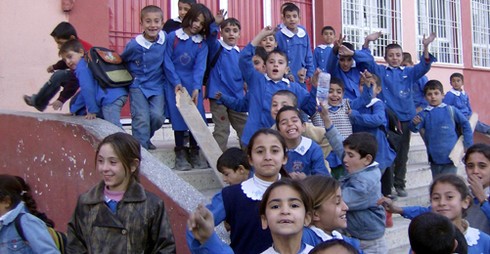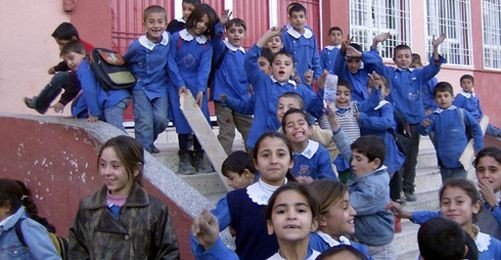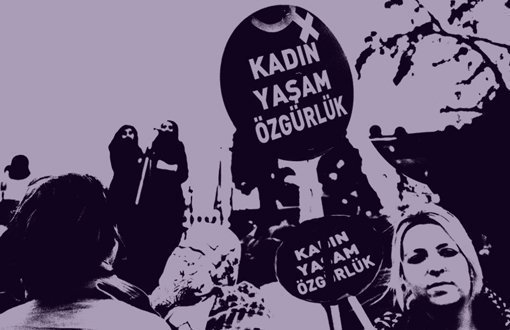
The Education Ministry prepared a report to determine the right age for a minor to start elementary education. The report includes dozens of criteria, such as a child's ability to count to 20, recite antonymous, synonymous and homophonic words, hit targets at a certain distance and carry dishes and service trays.
Prof. Fatma Gök, the head of the Educational Sciences Department at Istanbul's Bosphorus University, however, said most of the criteria mentioned in the report was part of the education a child receives at school in the first place.
"While education is supposed to develop opportunities in accordance with the children's [needs,] they are trying to make the children adapt to the government's policy instead," Prof. Gök said.
Children normally fulfill these criteria unawares while they are playing games, she said and questioned who would assess the children's ability to meet the criteria in question, how and why.
"Not every family may be able to meet the criteria"
While meeting all these criteria may not be possible for everyone, failure to do so may also have a negative impact on the children, Prof. Gök said.
"What about children with limited opportunities at home? Not every family may be able to meet these criteria, and that is the school's job," she added.
People who later review the file of a child who cannot meet the criteria in the report may also acquire unfavorable views about him or her, she also noted.
"It will also lead to discrimination for children of different ages to study together. They could be emotionally hurt. Some of them may not have developed sufficient cognitive [skills,] or they may be socially unprepared. Moreover, we do not know whether the schools have been [adequately] prepared for five year olds. This year's school registration period is over. There are a million more kids this year than the last. How are they going to create enough capacity in such a short span of time? Nothing [seems to] hold up on this issue," Prof. Gök said.
"Policy aims to mold people into what government wants them to be"
The criteria in the report are "inconsistent" and unfit for children of this age, according to Prof. Gök.
Moreover, the conditions listed under the title "Motor Development" resemble millitary drills more than they resemble school education, as they include such articles as "hitting a target, jumping, hopping and tumbling," Prof. Gök noted.
"The Education Ministry's advice to 'get a report [to show the child is] unfit to start school' is a truly unfortunate and unprofessional [statement when authorities] should insead try to create an environment that does not stymie children's emotional and social development and which helps to foster their self-confidence. In this way, they are turning the issue of education over to doctors," she added.
Prof. Gök said the Education Ministry should offer an explanation as to which educational psychologists have helped to prepare this report. "The education community is going to debate this a lot," she said.
"Children's education ought to be devised outside the influence of the state, capital and religious institutions. A school ought to be set up freely so as to create conditions that avoid causing any bad experiences for the children. What we see in this report is the total opposite, however," Prof. Gök said.
The ministry's new education policy aims to mold people into the kind of people the government wants them to be and is neither pedagogical nor educative, she added. (ÇT)






.jpg)



